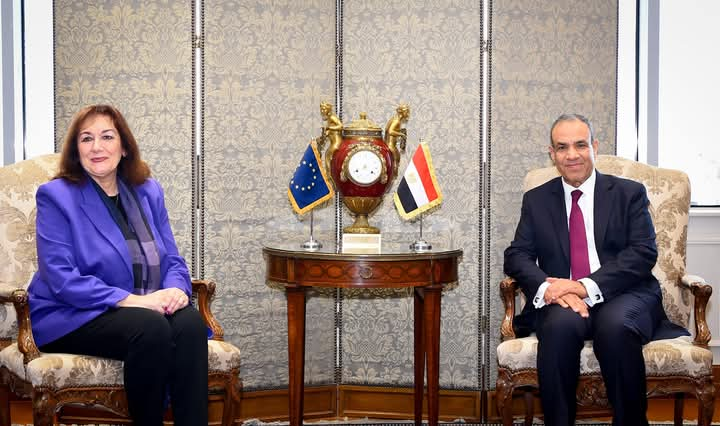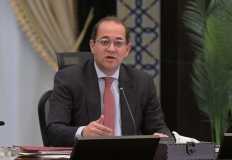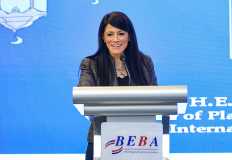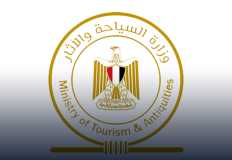
Foreign Minister Dr. Badr Abdelatty met yesterday, Sunday, with EU Commissioner for Mediterranean Affairs, Ms. Dubravka Šuica, for political consultations. They discussed Egyptian-European relations and recent regional and international developments.
Foreign Ministry Spokesperson Ambassador Tamim Khalaf stated that Minister Abdelatty welcomed the EU's creation of a dedicated position for Mediterranean affairs, viewing it as a positive step towards stronger cooperation. He expressed Egypt's desire to collaborate with the Commissioner to enhance the strategic and comprehensive partnership, focusing on its economic aspects. Minister Abdelatty also emphasized the importance of approving the second €4 billion tranche of the EU financial package.
Minister Abdelatty highlighted the Egyptian government's
focus on attracting European investment, presenting promising opportunities
across various sectors. He emphasized the Suez Canal Economic Zone's potential
as a global logistics hub and investment destination, and discussed energy
cooperation to bolster European energy security.
Addressing migration, he stressed the need for a
comprehensive approach linking migration with development, tackling the root
causes of illegal migration, and strengthening legal migration partnerships. He
also outlined the significant burden Egypt bears in hosting millions of
refugees and migrants.
The consultations covered regional developments, primarily
the situation in Gaza. Minister Abdelatty briefed the European official on
Egypt's efforts to solidify and sustain the Gaza ceasefire and the Arab and
Islamic-backed reconstruction plan. He expressed hope for EU support for these
efforts and emphasized the necessity of a permanent and just political solution
to the Palestinian issue, leading to an independent Palestinian state, as the
only path to regional peace.
On Syria, he reiterated Egypt's support for the Syrian
state, emphasizing its sovereignty, unity, and territorial integrity. He
stressed the importance of Syria as a regional stabilizing force through a
comprehensive, inclusive political process.
Regarding Lebanon, he welcomed the Lebanese government's
vote of confidence, seeing it as a crucial step towards stability. He
reaffirmed Egypt's full support for Lebanon, its government, and national
institutions, and emphasized the need for full implementation of the ceasefire
agreement and Israel's complete withdrawal from southern Lebanon.
On Sudan, the Foreign Minister emphasized Egypt's full
support for the Sudanese people, highlighting the strong historical ties
between the two nations. He reiterated Egypt's commitment to Sudan's
sovereignty, unity, and territorial integrity, and its support for humanitarian
efforts.
Regarding Libya, Minister Abdelatty stressed the urgency of resolving the executive authority crisis and forming a unified government to facilitate presidential and parliamentary elections. He advocated for a Libyan-led solution and the complete removal of foreign presence to restore Libyan sovereignty and unity.





